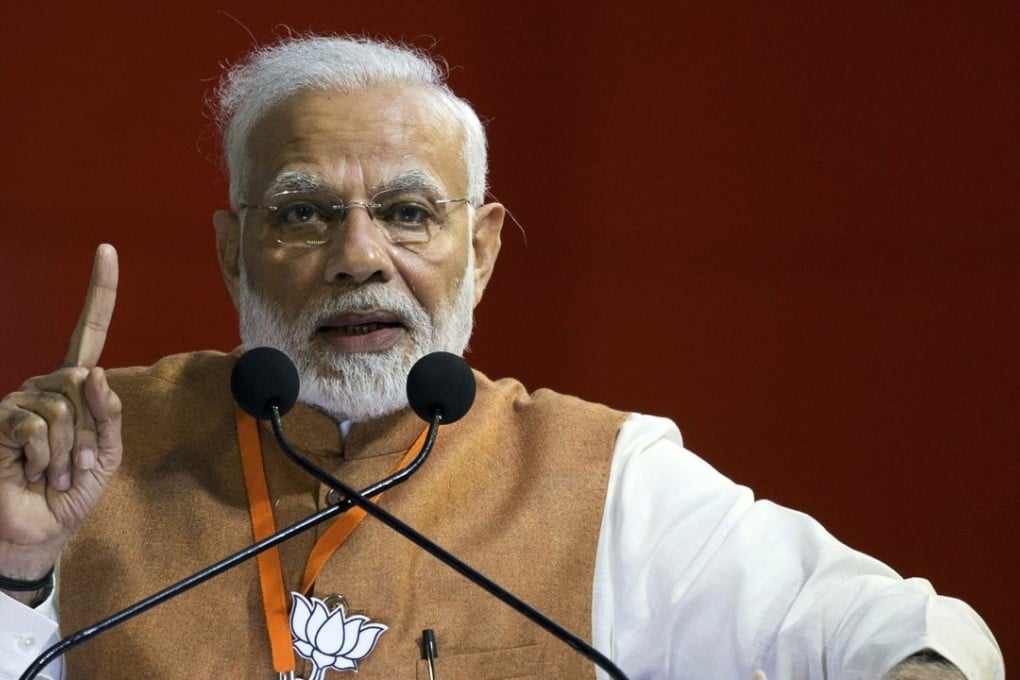Abacus | Modi’s plans for India’s central bank borrow from the future
- The resignation of Urjit Patel, governor of the Reserve Bank of India, is a sign the prime minister hopes to engineer short-term economic gain. What he’ll get is long-term pain

Last weekend, voters in three key states turned away from Modi’s ruling Bharatiya Janata Party (BJP), choosing instead the opposition Congress party in local elections: a worrying sign for the prime minister ahead of national elections that must be held by May 2019.
Then last Monday, Urjit Patel, governor of the Reserve Bank of India (RBI), resigned following an extended dispute with Modi’s government, the second boss of India’s central bank to quit his job in a little over two years.
Together, these two events are likely to combine to deliver a near-term boost for India’s economic activity and financial markets in the run-up to next year’s general election.
But in the longer term, they spell bad news for investor confidence and future economic growth.

